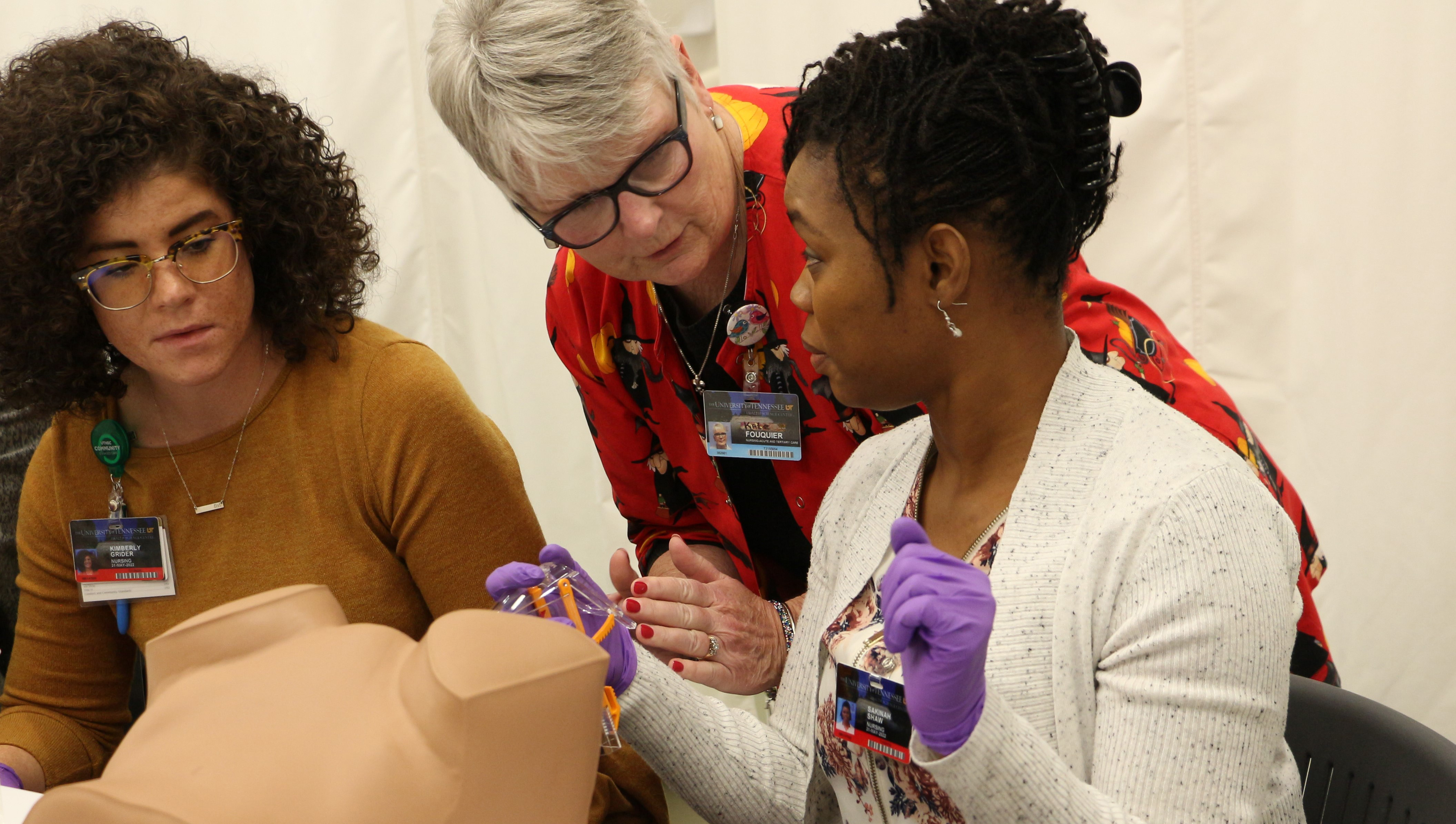DOI
10.21007/con.dnp.2022.0030
Faculty Advisor
Sharon Little, DNP, APRN, FNP-BC
Subject Matter Expert
Laura Reed, DNP, FNP
Clinical Site
UT Family Medicine
Document Type
Poster
Publication Date
Spring 4-26-2022
Abstract
Purpose/Background Type 2 Diabetes Mellitus (T2DM) is a nationwide growing epidemic which contributes to hundreds of billions of dollars a year in healthcare costs and can lead to significant health complications, such as disability or death. To prevent these complications, patients must maintain adequate blood glucose control by adhering to their treatment plan and adopting healthy lifestyle behaviors, including dietary modifications and exercise. Through Certified Diabetes Educators (CDE) and PharmDs, patients can be educated on proper self-management techniques. Current evidence shows that CDEs helped improve Hemoglobin A1C (HbA1c) levels.
Methods In this retrospective chart review, 29 charts of patients aged 18-65 diagnosed with T2DM who have received at least one diabetic education session from a PharmD/CDE were reviewed.
Results Between January 1, 2019 and August 31, 2021, 29 patients met eligibility criteria. A two-tailed paired samples t-test revealed a decrease in mean HbA1c pre- and post-intervention from 9.50 (SD = 2.3) to 8.64 (SD = 2.34). However, results were not statistically significant based on an alpha value of 0.05, t(28) =1.89, p = .069.
Implications for Nursing Practice While the data does not show a significant p-value, there was a detectable decrease in HbA1c in patients who were seen by a CDE. We believe this insignificant p-value was due to the low sample size and that a greater sample size would likely show more meaningful data. At this time, data demonstrates that the implementation of diabetic education, whether by a PharmD or CDE, is beneficial in the care of patients with T2DM.
Recommended Citation
Chezem, Brooke BSN, RN; Reed, Kathleen BSN, RN; Barnes, Savannah BSN, RN; Little, Sharon DNP, APRN, FNP-BC; and Reed, Laura DNP, FNP , "The Effect of Certified Diabetic Education on Hemoglobin A1C Levels in Patients with Type 2 Diabetes Mellitus" (2022). Doctor of Nursing Practice Projects. Paper 30. http://dx.doi.org/10.21007/con.dnp.2022.0030.
https://dc.uthsc.edu/dnp/30


